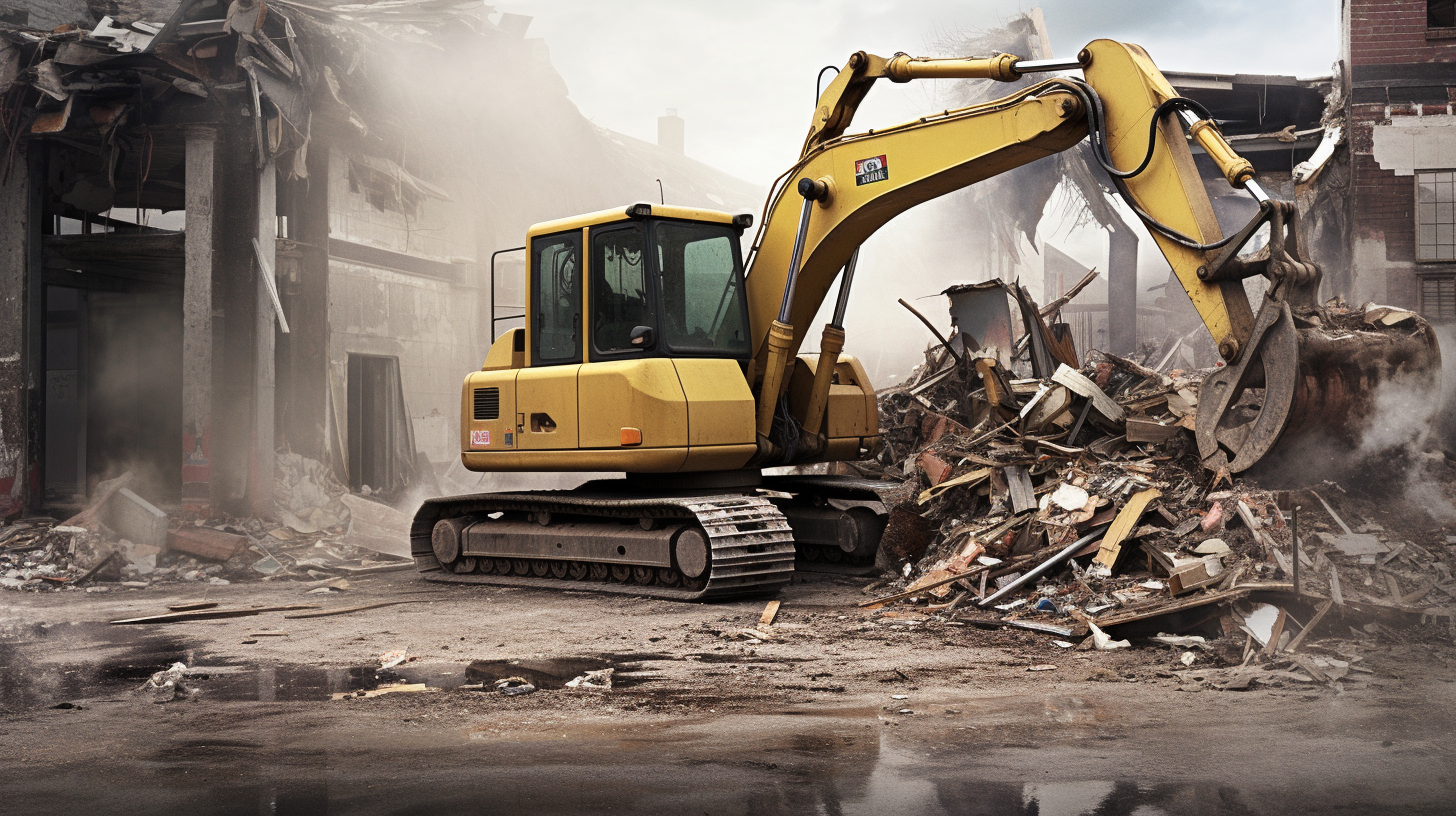
Debris removal and waste management are essential components of maintaining clean, safe, and functional environments. While closely related, these two practices serve distinct yet complementary roles in handling unwanted materials. Debris removal focuses on clearing large, often bulky items such as fallen trees, construction waste, or storm-related debris, typically as part of a one-time or event-driven cleanup process. Waste management, on the other hand, encompasses the systematic collection, treatment, and disposal of everyday waste generated by homes, businesses, and industries, ensuring long-term sustainability and environmental protection.
Together, debris removal and waste management work to keep environments free of hazards and clutter, enhancing both aesthetics and functionality. They also play a critical role in preserving public health by preventing the spread of contaminants and reducing environmental impact. Understanding the roles and processes of these practices is key to selecting the right solutions for maintaining clean and organized spaces.
What is Debris Removal?
Definition and Scope
Debris removal is a specialized service that focuses on short-term or one-time cleanups to address large accumulations of unwanted materials. It is typically employed in scenarios where debris has amassed due to construction projects, natural disasters like storms, or the aftermath of large events. Unlike routine waste management, debris removal is often task-specific and designed to handle situations requiring swift and effective cleanup.
Types of Debris Handled
Debris removal services manage a wide range of materials, catering to both everyday waste and specialized cleanup needs. This includes large and bulky items such as furniture, fallen branches, and construction materials like drywall, tiles, and wood. Services also extend to specialty items like hazardous materials, which require careful handling and disposal to comply with safety and environmental regulations. The diversity of materials addressed highlights the flexibility and expertise required in debris removal.
Purpose of Debris Removal
The primary purpose of debris removal is to restore functionality and safety to spaces affected by excessive or hazardous waste. Whether clearing pathways obstructed by fallen trees or removing dangerous materials from construction sites, debris removal ensures that environments are clean, accessible, and ready for use. It provides an immediate response to clutter or hazardous conditions, preventing further damage and reducing risks to health and safety.
What is Waste Management?
Definition and Scope
Waste management is a comprehensive, long-term system designed to handle the continuous generation of waste from households, businesses, and industries. Unlike debris removal, which addresses one-time cleanups, waste management focuses on the regular collection, recycling, treatment, and disposal of everyday waste. This system is essential for maintaining organized and sustainable communities, providing structured solutions to manage waste responsibly and efficiently over time.
Types of Waste Handled
Waste management encompasses a wide range of waste categories, addressing both common and specialized materials. Household waste includes items such as plastics, food scraps, paper, and other recyclables that are generated daily. On a larger scale, industrial and hazardous waste such as electronic waste (e-waste), chemicals, and manufacturing byproducts require careful management to prevent environmental contamination. These diverse waste types highlight the need for tailored strategies to address specific disposal requirements.
Purpose of Waste Management
The primary purpose of waste management is to promote sustainable practices and reduce the environmental impact of waste generation. By encouraging recycling, composting, and proper treatment, waste management helps conserve natural resources and minimize landfill contributions. Additionally, it ensures compliance with local and international regulations for the safe and responsible disposal of hazardous and non-hazardous waste. Through effective waste management, communities can achieve cleaner environments and contribute to global sustainability efforts.
Key Differences Between Debris Removal and Waste Management
Frequency and Duration
One of the fundamental differences between debris removal and waste management lies in their frequency and duration. Debris removal is a one-time or project-based service, designed to address specific cleanup needs, such as after a storm, construction project, or large event. In contrast, waste management is an ongoing system that handles the regular disposal of waste generated daily by households, businesses, and industries. This continuous approach ensures long-term cleanliness and environmental sustainability.
Types of Materials Handled
Debris removal focuses primarily on large-scale, heavy, or specialized cleanup tasks. It manages materials such as construction waste, fallen trees, furniture, and hazardous items that require immediate attention and specialized handling. Waste management, on the other hand, deals with regular waste streams, including household waste like plastics and food scraps, as well as industrial byproducts and recyclable materials. The scope of materials reflects the specific needs each service is designed to meet.
Processes Involved
The processes involved in debris removal and waste management are tailored to their respective goals. Debris removal emphasizes the collection, transport, and disposal of debris, often prioritizing quick and efficient cleanup to restore safety and order. Waste management, however, is a more systematic approach, involving sorting, recycling, treatment, and proper disposal over time. Its focus on sustainability ensures waste is handled in a way that minimizes environmental impact.
Environmental Considerations
While both services contribute to environmental cleanliness, their approaches differ significantly. Debris removal may incorporate recycling when feasible but often focuses on immediate cleanup and disposal to address urgent needs. Waste management prioritizes long-term environmental sustainability, emphasizing practices like recycling, composting, and reducing landfill contributions. This commitment helps conserve resources and promote eco-friendly waste solutions.
Target Users
The target users for debris removal and waste management also vary. Debris removal is ideal for property owners, contractors, or event planners needing to address large-scale messes or specialized cleanup tasks. It serves those requiring quick, efficient solutions for one-time projects. Waste management, however, caters to households, businesses, and industries with recurring waste disposal needs, ensuring consistent and responsible waste handling over time.
When to Choose Debris Removal
Post-Construction or Renovation
Debris removal is the perfect solution for cleaning up after construction or renovation projects. These activities often leave behind materials such as drywall, wood, and metal scraps that are too bulky or heavy for regular waste pickup services. Additionally, items like old fixtures, discarded furniture, and other oversized debris require specialized handling to be removed efficiently. Professional debris removal ensures that construction sites are cleared promptly, allowing the property to be restored and utilized without delay.
Storm or Disaster Cleanup
In the aftermath of storms or natural disasters, debris removal services are essential for managing the cleanup process. Fallen trees, damaged structures, and hazardous materials like broken glass or exposed wires create dangerous conditions that require immediate attention. Debris removal teams are equipped to handle these challenges, restoring properties quickly and safely. Their expertise ensures that the cleanup is thorough, reducing risks to health and safety while returning the space to its pre-disaster state.
Large-Scale Events
Debris removal is also ideal for managing waste generated by large-scale events such as festivals, fairs, or corporate gatherings. These events often produce significant amounts of trash, leftover materials, and oversized items that need to be cleared swiftly to restore the venue. Whether it’s a public park or a private space, professional debris removal ensures the area is cleaned up efficiently, minimizing downtime and maintaining a positive impression for future use.
When to Rely on Waste Management Services
Routine Household Waste Disposal
Waste management services are essential for the routine disposal of household waste, offering convenient solutions such as weekly or biweekly curbside pickups. These services handle common waste like food scraps, packaging, and recyclables, ensuring that households remain clean and organized. By providing consistent and reliable waste collection, waste management services play a vital role in maintaining public health and environmental cleanliness for residential communities.
Industrial and Commercial Waste Needs
For businesses and industrial facilities, waste management is critical to maintaining operations and complying with regulations. Factories, restaurants, and offices generate significant amounts of waste that require structured systems for collection and disposal. This includes handling regulated materials such as e-waste, chemicals, or other hazardous byproducts. Waste management providers offer tailored solutions to meet the unique needs of these sectors, ensuring efficient and environmentally responsible waste handling.
Recycling and Sustainability Efforts
Waste management services also support recycling and sustainability initiatives, helping individuals and organizations reduce their environmental footprint. By partnering with programs to recycle plastics, paper, and electronics, waste management providers ensure these materials are diverted from landfills and repurposed effectively. Many services also offer composting systems for organic waste, turning food scraps and yard waste into nutrient-rich soil amendments. These efforts not only promote sustainability but also help communities achieve long-term environmental goals.
FAQs
Contact Bull City Crawlspace Today!
Bull City Crawlspace will do everything we can to ensure your experience with us is excellent.
Request A FREE Estimate
Request a Free Estimate Form
Checkout Recent Post
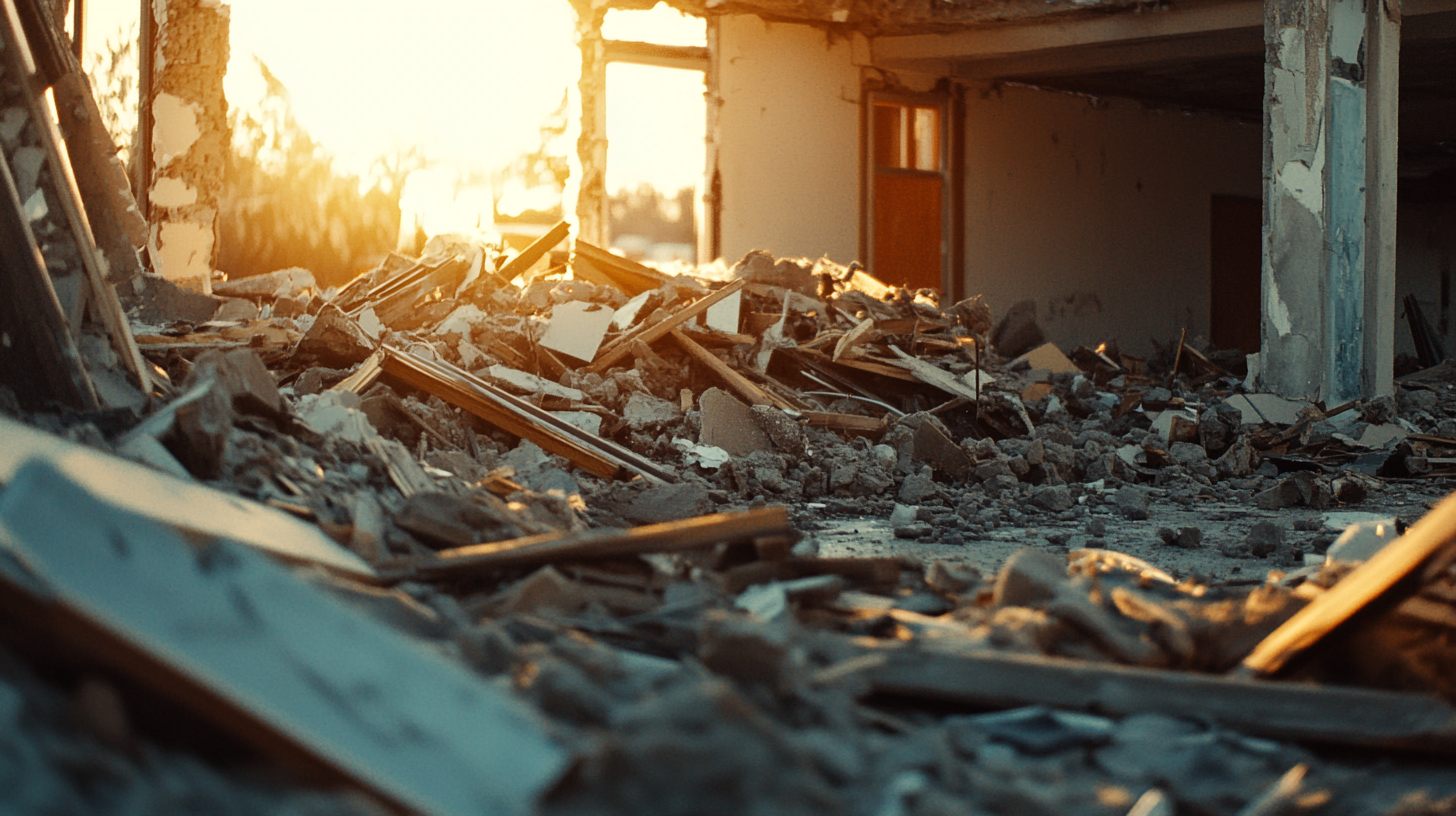
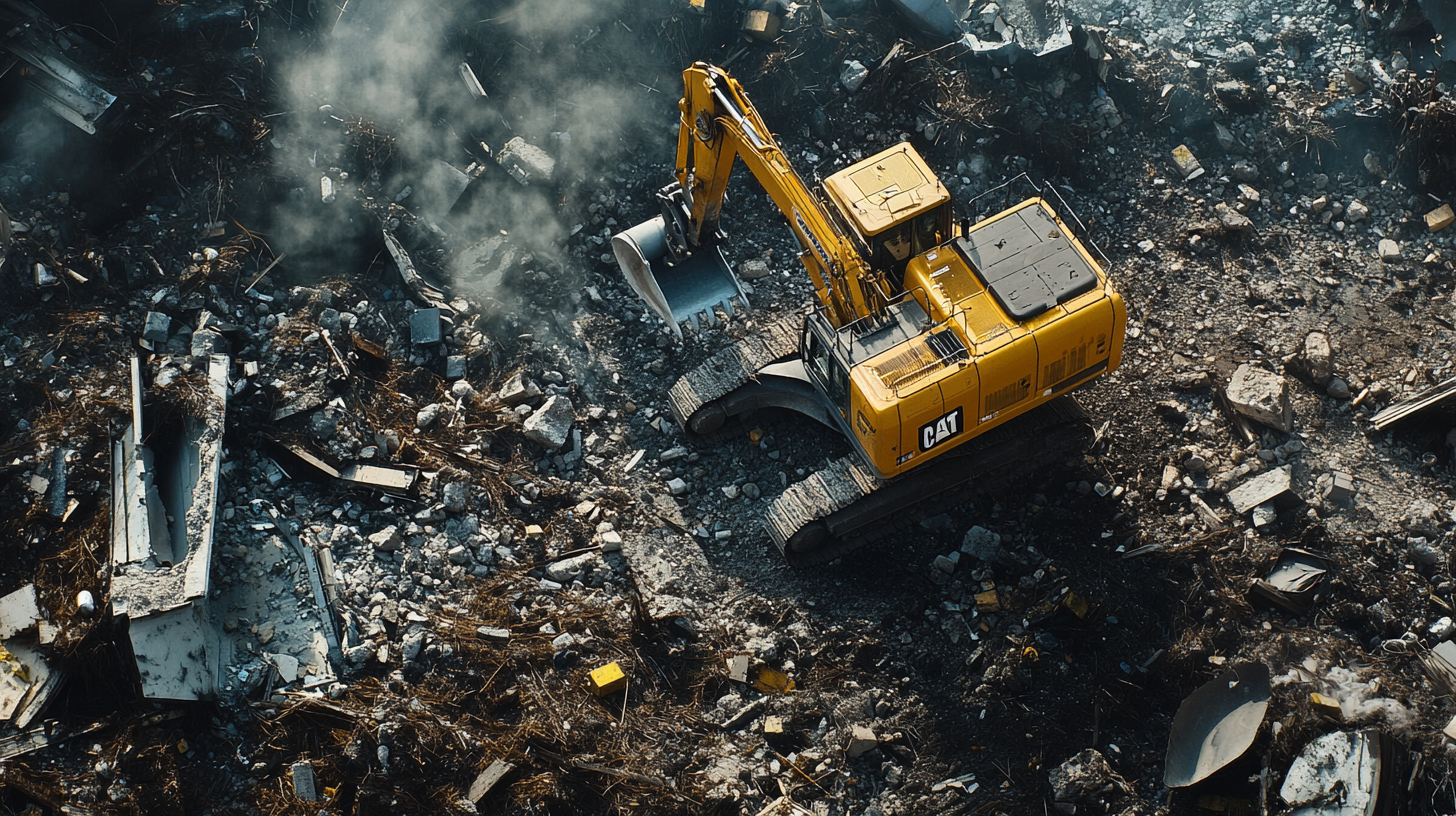
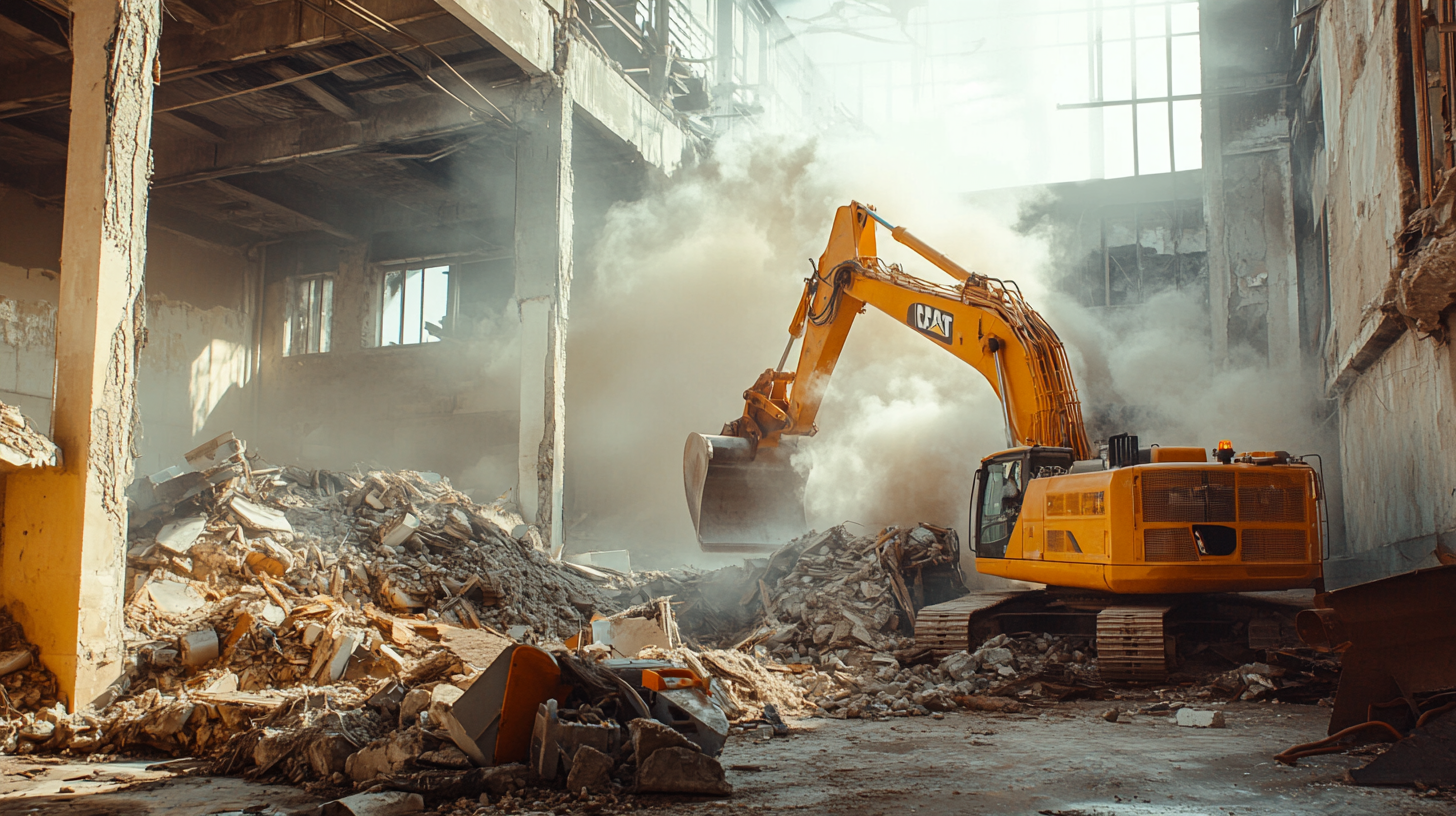
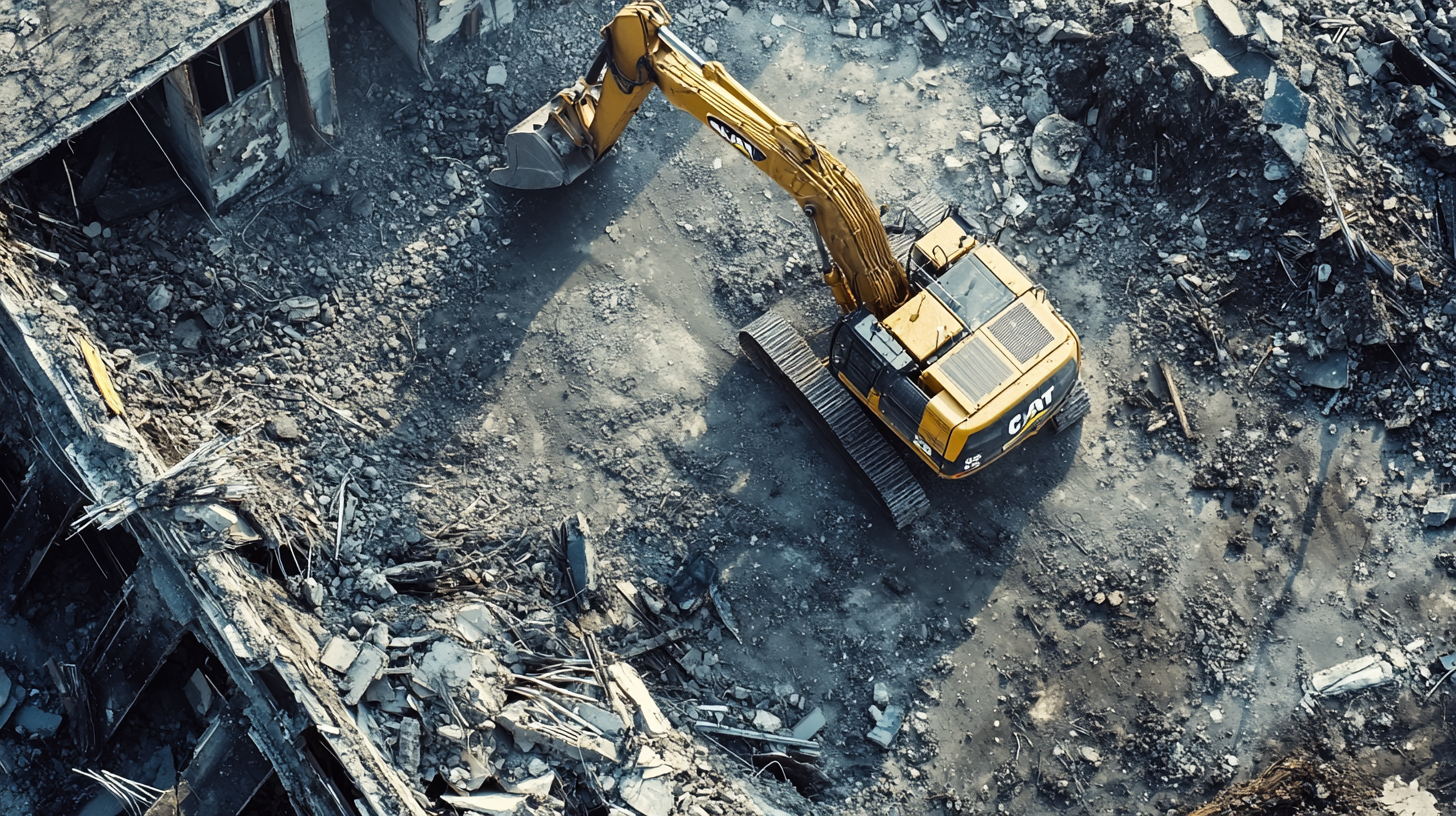
Got a Question? We’re Here to Help.
You can arrange an appointment or make an enquiry by phone or email, orget in touch to us via our contact form.

